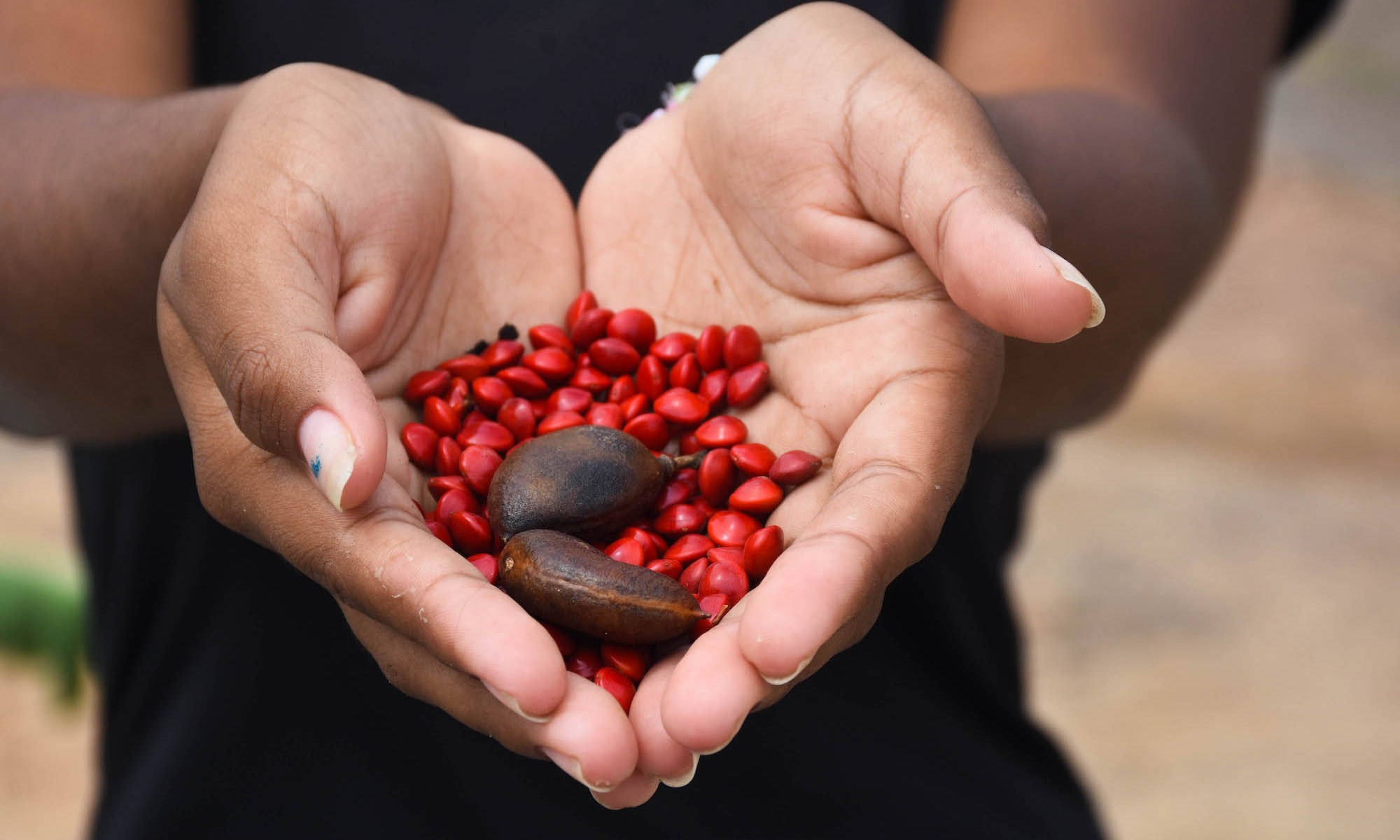VEHA
Guidance

Guidance
Virtual Environmental and Humanitarian Adviser Tool – (VEHA Tool) is a tool
to easily integrate environmental considerations in humanitarian response. Field Implementation guidances are useful for the design and execution of humanitarian activities in the field.
The reduction in agrobiodiversity, coupled with increased access to processed and ultra-processed foods of more limited nutritional value, contributes to the general trend toward the simplification of human diets. Paradoxically, whilst trade in agricultural products has led to increased consumer choice, the homogenization of agricultural crops and livestock production (i.e. reduced varieties, species, or breeds) also limits the nutritional value of food choices available to communities and individuals.
The loss of genetic crops and breeds used for food is of particular concern. The steady decline of genetic diversity in agroecosystems resulting from intense selection has been dramatic, affecting not only cultivated plant varieties but also their wild relatives.
For rural communities in low-income countries, there is NOT an increase in consumer choice. Also, in humanitarian contexts, GM foods may actually have a place. (refer to WFP and FAOs work).
In camp settings – both IDP and refugee, all food is provided by aid agencies and there is no option for wild fish or meat. Sadly, for many contexts, humanitarian funding is so limited, that food baskets consist of the minimum number of essential items.
Use information on age-and sex-specific incidences of illness, nutrition indicators, and health conditions to tailor activities.
Loss of biodiversity and ecosystems
Natural resource depletion
The consumption of wild species provides food and nutrition security for many communities, particularly in low- and middle-income countries and many diets are highly dependent on wild plant and animal food sources. Wild fish and other aquatic species are especially important sources of protein, vitamins, minerals, and essential fatty acids for many small coastal communities. Consumption of wild foods can also sometimes present health and social hazards, for example when wildlife is improperly handled or cooked or is a result of the unregulated trade and consumption of illegal wildlife.
Foundations for Farming in Zimbabwe have supported farmers in growing traditional crop varieties; diversifying foods, and using conservation agriculture methods in a context where chemical inputs are both unaffordable and degrading land. They have demonstrated that crop yields have increased and people’s nutrition has improved.
The number of resilient traditional foods identified and reinstated.